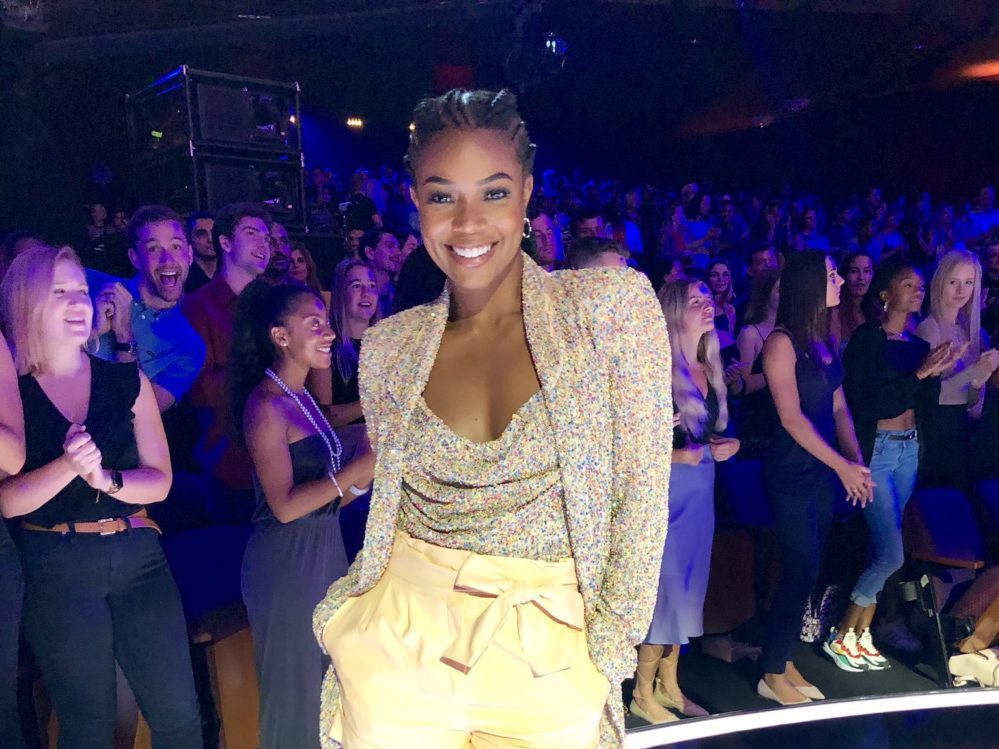[ad_1]
The entire black Internet, and much of Hollywood, has been stanning actress Gabrielle Union all week after it was revealed that she spoke up about the “toxic” and “racially insensitive” workplace culture at America’s Got Talent, leading to a five-hour meeting with NBC and an official investigation.
Unfortunately, there are black women all across the country who are experiencing the same kinds of inappropriate and offensive behavior that Union has. Most of those women don’t have the same kind of platform to get their voice heard, or the public show of support that came with it. But there are things every woman can do:
Know that you’re not alone.
Research from McKinsey & Co. and LeanIn.org shows that 69% of black women experience microaggressions at work and that women who are the “only” on their teams are far more likely to be subject to these everyday discriminations. In general black women have it worse: Women of color, lesbian and bisexual women, and women with disabilities are having distinct—and by and large worse—experiences than women overall. Black women in the workplace and women with disabilities face more barriers to advancement and often receive less support than other groups of women and men.
Understand that it’s natural to be afraid.
One of the reasons Union is getting so much praise is that she had the courage to speak up. It’s valid for women to be concerned about the consequences of coming forward. “Women are afraid to speak up because they do not think they’ll be believed, and they do not trust action will be taken to stop the issue and/or to protect them from retaliation after the issue is reported,” says Sarah Morgan, the senior human resources director for SafeStreetsUSA and founder of BuzzARooney L.L.C., a human resources management and leadership consulting company. “As much as HR tries to protect confidentiality, it is not uncommon for word to get out and become office gossip when a claim is filed.”
Validate your own experience.
Sometimes we know that we’ve been treated wrong but we let others convince us that it’s no big deal. You don’t need someone else to recognize that what you’ve experienced is inappropriate. “Microaggressions are often likened to paper cuts,” said Morgan. “You’re not necessarily openly wounded but it still hurts. People who do not fit into the power groups (e.g., white, Christian, male, heterosexual, young, able-bodied) may experience microaggressions several times during their workday. Imagine going through life getting multiple paper cuts every single day for the 40+ years of your career. That’s the reality for many black people, women, and other people of color in the workplace.”
[ad_2]
Source link

